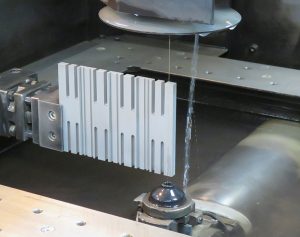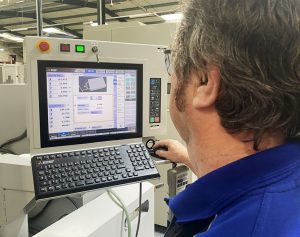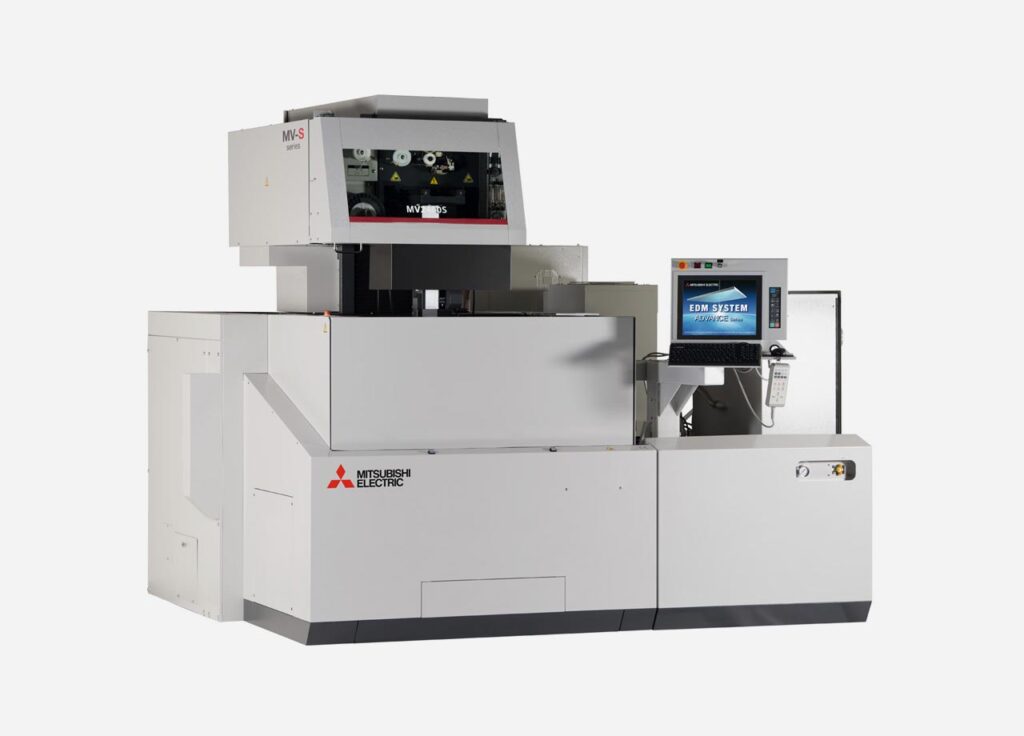WIRE EDM
Wire EDM (Electrical Discharge Machining) allows precise machining of the hardest components and complex geometrics where CNC machining is difficult to achieve.
The team has over 30 years of combined experience in manufacturing highly accurate parts including:
Automotive | Motor sport | Toolmaking | Aerospace | Medical implants and instruments | Food processing
Complementing our extensive CNC turning and milling capabilities, CBE+ has over 30 years combined expertise in the manufacture of components using Wire EDM (Electrical Discharge Machining).
Wire EDM is often used in the production of precision components, which require complex profiling geometries and shapes, that cannot be cost-effectively produced by any other means.
Wire EDM offers major benefits due to the close tolerances that can be maintained. It is widely used across a broad range of industries.
The technology is particularly suited to creating tapers, small radii, complex contours, and surface finishes within tolerances of just a few µm.
What is Wire EDM technology?
Wire EDM Machining, is a CNC-controlled machining process for electrically conductive materials, where a thin single-strand metal wire cuts profiles using electricity, by means of precise metal spark erosion. Electrical pulses are generated between the wire electrode and the workpiece, deionised pure water acts as a semiconductor between the workpiece and the energised wire to ensure controlled conditions for ionization within the spark gap. As a voltage is applied, the fluid ionises, and a controlled spark vaporises a small section of the workpiece.
Originally used in press tool manufacturing, the technology has advanced significantly over the years. Machines have improved cutting speed and accuracy, leading to use in sectors such as aerospace, Formula One, automotive, medical, and electronic industries. Because of its versatility, manufacturers use WEDM operation for an extensive range of applications. It is often an ideal choice to produce small, highly detailed items that would normally be too intricate for other machining processes.
Wire Electrical Discharge Machining can cut anything that is electrically conductive regardless of the hardness, from common materials such as tool steel, aluminium, copper, and graphite to exotic space age alloys including hastaloy, waspaloy, Inconel, titanium, carbide, polycrystalline diamond compacts and conductive ceramics.
What are the benefits of Wire EDM?
The accuracy, surface finish and time required to complete a job is extremely predictable. Additionally, the process is cost-effective for low-quantity projects and can prove beneficial in prototype manufacturing, even if the actual project is carried out by different means.
Benefits include:
- Complex shapes that would otherwise be difficult to produce with conventional cutting tools.
- Extremely hard material to very tight tolerances.
- Small pieces where conventional cutting tools may damage the part from excess cutting tool pressure.
The wire (normally brass 0.3mm diameter) does not touch the workpiece, so there is no physical pressure impacted on the workpiece compared to grinding wheels and milling cutters. The amount of clamping pressure required to hold small, thin, and fragile parts is minimal, preventing damage or distortion to the workpiece. Parts that have complex geometry and tolerances do not rely on different skill levels or multiple equipment.’
What does Wire EDM bring to CBE+?
The Wire EDM capabilities offer more diversity to CBE+’s service offering. Wire EDM enables the Company to produce highly accurate machining of complex parts in a wide range of materials, including hardened steels.


WIRE EDM CAPACITY
These machines complement our existing range of CNC milling and turning capabilities and allow us to create tapers, small radius, complex contours, and surface finishes within tolerances of just a few μms.
Our WEDM machines are designed to perform:
- Contour-method testing
- Slide core: precision fitting machining with accurate taper and straightness
- Thick workpiece machining: achieve straight accuracy 5μm in thicknesses of 200mm
- Multi-stepped parts machining: easy and stable production machining by PM function
- Taper fit machining: high-accuracy machining of taper complex shapes
- High-speed punch machining: high-efficiency machining of punch shapes
- Special materials machining, such as high-grade steels – titanium, Inconel, brass, and graphite

